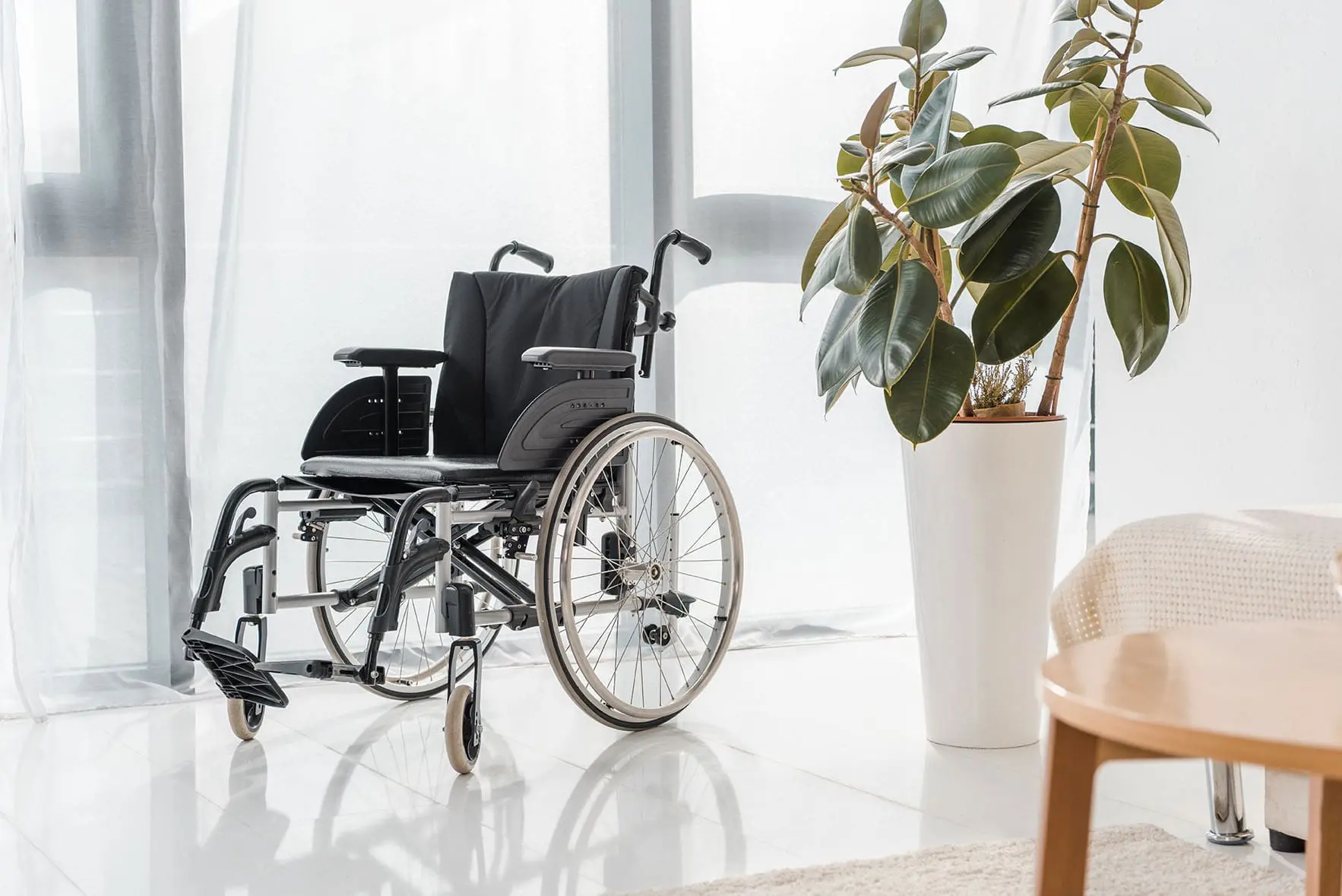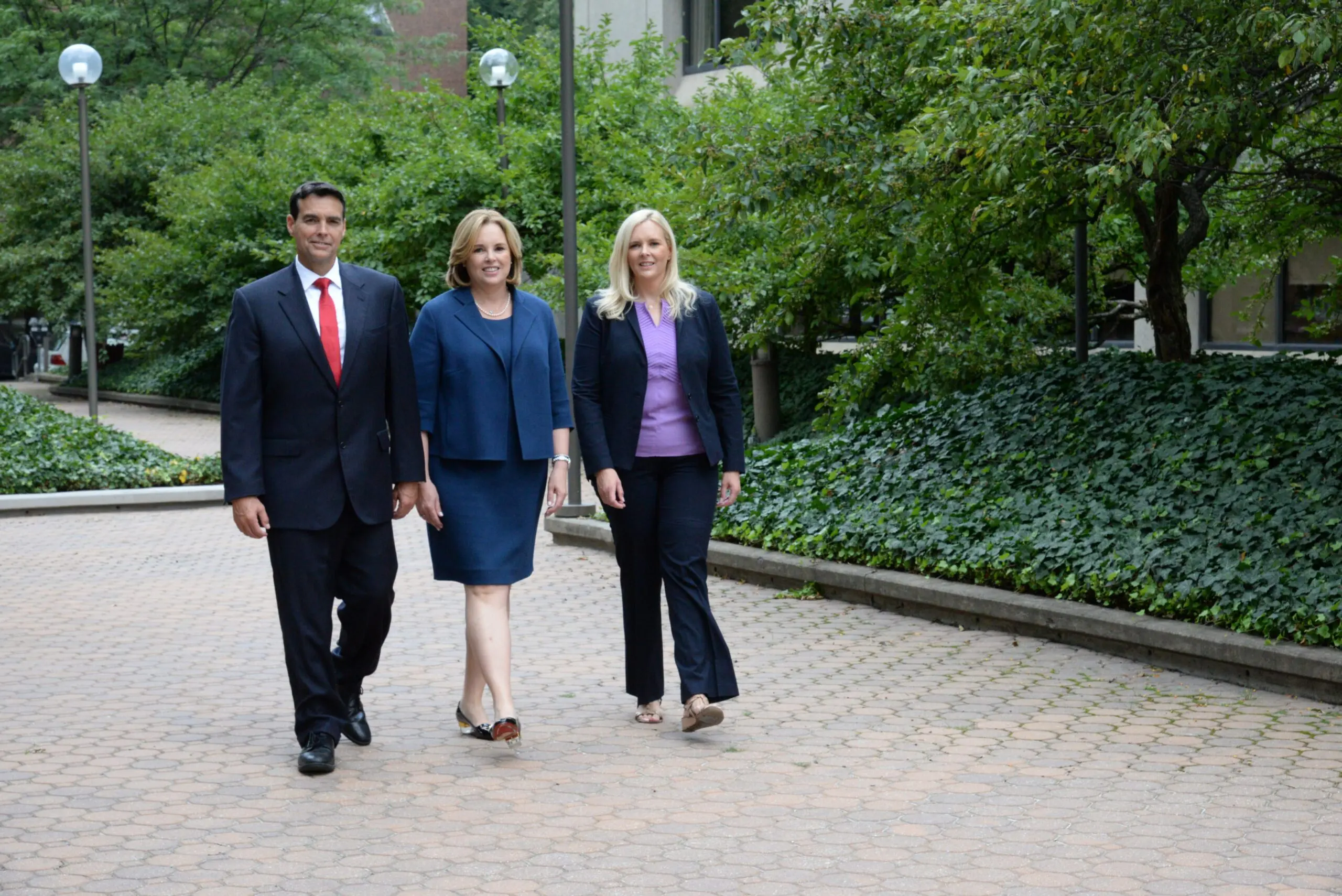When we help our loved ones move into a nursing home, we are trusting that they will receive proper attention and care. But too often, assisted care facilities are neglecting their residents due to poor standards, understaffing, and mismanagement. Nursing home neglect is serious and can lead to injury, illness, and even death. If you are worried that your loved one is in a facility that is failing to provide basic care, a Pennsylvania nursing home abuse lawyer may be able to help you investigate the situation and determine your legal rights.
$32 Million Wrongful Death
$26 Million Truck Accident
$20 Million Commercial Vehicle Accident
$17.5 Million Car Accident
$12 Million Work Injury
$11 Million Truck Accident
$9 Million Truck Accident
$8 Million Truck Accident
$8 Million Truck Accident
$7.5 Million Auto Accident
$6.9 Million Garbage Truck Accident
$6.5 Million Traumatic Brain Injury
What Is Nursing Home Neglect?
Nursing home neglect happens when assisted living and long-term care facilities fail to uphold the standard of basic care for their residents. Healthcare professionals and caregivers have a duty to uphold this level of care, and this is seen as a breach of duty when they fail to do so, causing residents to suffer. Nursing home neglect is categorized as a form of abuse because of the severity of risk to this already vulnerable population.
The National Council on Aging estimates that one in 10 people over 60 years old has experienced a form of elder abuse, including neglect. Caregivers are often the perpetrators, and one study estimates that only 1 in every 24 cases are ever reported to authorities. Many elderly residents fail to identify the neglect of their basic care, and social isolation or mental issues such as dementia or Alzheimer’s disease could prevent them from reporting their nursing home abuse and neglect.
What is Basic Nursing Home Care?
There are different types of long-term care services, tailored to the level of needs of the residents. Depending on the type of residential facility, the care received or expected to be received will vary, with some residents requiring more oversight, such as for people with severe dementia or mobility issues. However, basic needs are universal. All people, no matter their age or ability, require food, water, shelter, clothing, and safety.
A nursing home must provide basic care to its residents. When residents receive less than this standard of care, it is considered nursing home neglect. Reporting facilities that do not uphold their duty to treat their residents with the bare minimum of care is vital.
How Nursing Homes Fail to Provide Basic Care
Nursing homes are often understaffed and overpopulated, especially with the growing aging population. When this happens, staff soon become overworked and may start cutting corners, neglecting patients who do not speak up for themselves or make a fuss. Our nursing home abuse attorneys see a variety of types of neglect occurring in nursing homes, including:
- Medical Neglect: Failure to provide medical attention quickly, causing delays where urgent medical care is necessary, and neglecting to administer prescribed medications. This can also include if a caregiver is ignoring injuries, illnesses, or symptoms of undiagnosed conditions, lack of proper wound care, and failure to monitor vital signs.
- Restricted Mobility: Neglecting residents with mobility issues can cause social isolation, bedsores from pressure points, and other issues such as urinary incontinence from delayed assistance moving to the bathroom.
- Basic Hygiene: Poor hygiene is a big issue in nursing home facilities, with staff often allowing residents to go without bathing for extended time periods, failing to provide clean clothes, not providing dental care, and failing to change bedding in a timely manner.
- Food and Water: Failure to see that residents are getting enough food and water can cause nutritional deficiencies and dehydration.
- Abandonment: Intentional social isolation or requiring a patient to leave the long-term care facility, knowing they have no place to go.
Warning signs of nursing home neglect are not always overtly obvious. Family members need to learn what to look for to be sure they will recognize if their loved one is being treated properly at their assisted living facility.
Warning Signs of Neglect in Long-Term Care Facilities
When entrusting the care of your loved one to a long-term care facility, families should be aware of the warning signs of neglect to make sure the facility lives up to their expectations. In addition to making sure to visit the nursing home on a regular basis, be on the lookout for these common signs of nursing home neglect:
- Lack of Mobility: Neglectful facilities may leave residents confined to beds or wheelchairs, leading to mobility issues, muscle atrophy, and severe pressure ulcers like dangerous Stage 4 bedsores.
- Bad Personal Hygiene: Residents exhibiting poor personal hygiene, such as body odor, matted hair, or soiled clothing, often indicate inadequate staffing or lack of caregiver attentiveness, compromising dignity and health.
- New Psychological Issues: New or worsening psychological issues like fear of caregivers, withdrawal from family, anxiety, or depression can signal profound emotional distress caused by ongoing neglect.
- Signs of Dehydration and Malnutrition: Vigilance for signs like unexplained fatigue, constant coldness, hair loss, or papery skin is crucial, as they point to insufficient food or water intake due to neglect.
- Unexplained or Significant Weight Loss: Sudden or unexplained significant weight loss is a critical warning sign that residents are not receiving adequate nutrition or proper assistance with eating.
- Unexplained Injuries or Frequent Bruises: Frequent unexplained injuries, such as broken bones, concussions, or bedrail injuries, often indicate staffing shortages, inadequate supervision, or a failure to report incidents.
- Unsanitary Living Conditions: A consistently dirty environment, including soiled bedding, unpleasant odors, or evidence of pests and mold, is a major red flag indicating poor sanitation and an increased risk of neglect.
If you have concerns about the conditions that your family member is living in, contact our nursing home abuse attorneys today to learn about your legal rights.
Seek Legal Assistance for Your Nursing Home Neglect
At Munley Law, we can help you investigate the nursing home neglect, assess your case, and pursue justice on your loved one’s behalf. Our nursing home neglect attorneys are here to advocate for you and your loved one’s rights to basic care. Do not delay in reaching out. Contact us today to get a free case consultation and get your questions answered.











